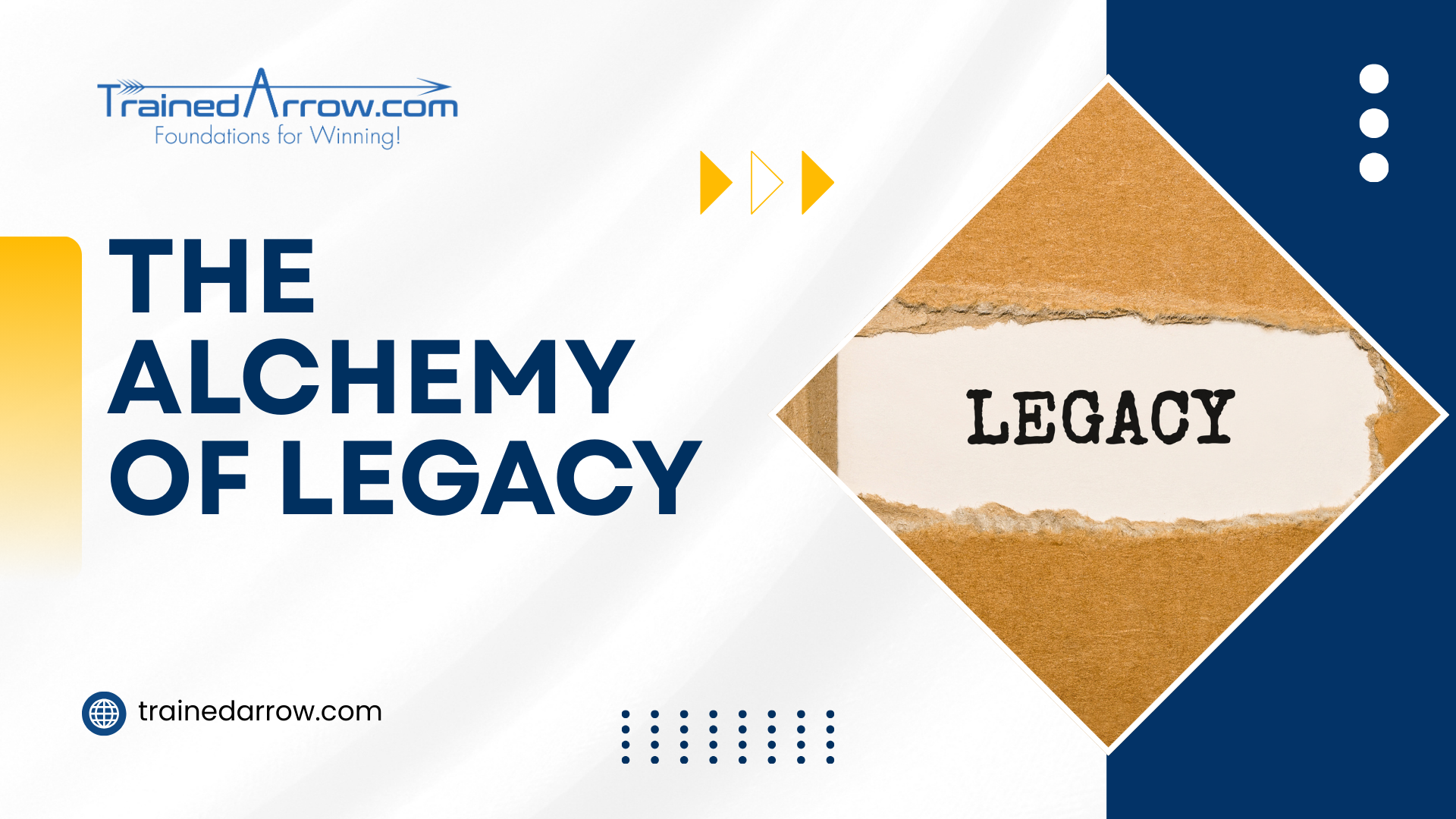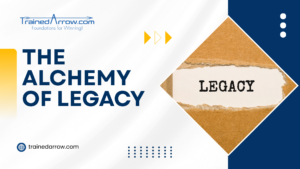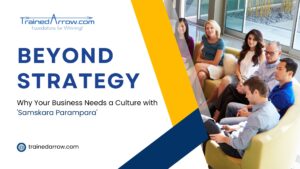In the face of global shifts and technological advancements, the resilience of an organization can determine its success. A resilient culture enables a company to adapt swiftly to changes, maintain continuity, and thrive amidst challenges. This blog outlines practical approaches to enhance both flexibility and team unity, ensuring that organizations are well-prepared to face the future.
Core Concepts of Organizational Resilience
Organizational resilience is the ability to withstand, recover, and grow in the face of adversity. It encompasses several key elements:
-Adaptability: The capacity to learn quickly, contextualize challenges, adjust strategies and operations in response to changing circumstances.
-Cohesive Teamwork: Strong collaboration and support among team members, fostering a sense of community.
-Robust Communication: Clear, open, and effective communication channels that ensure everyone is aligned and informed.
A resilient organization is not just reactive but proactive, anticipating changes and preparing accordingly. It requires a culture that nurtures these core elements, creating an environment where employees feel empowered and engaged.
Practical Approaches to Enhance Resilience
1. Transparent Communication
Clear and open communication is the foundation of a resilient culture. It involves:
-Regular Updates: Keeping employees informed about company goals, changes, and progress through regular meetings, newsletters, or intranet updates.
-Open-Door Policy: Encouraging employees to share their thoughts, concerns, and ideas without fear of retribution.
-Feedback Loops: Implementing mechanisms for continuous feedback, where employees can provide input and receive responses, fostering a culture of mutual respect and trust.
Transparent communication ensures that all team members are on the same page, reducing uncertainty and aligning efforts towards common objectives.
2. Flexible Work Policies
Flexibility in work arrangements, openness and trust are crucial for maintaining high levels of employee satisfaction and retention. It can include: Remote Work Options, Flexible Hours and Job Sharing and Part-Time Roles that offer alternative work arrangements that can accommodate diverse needs and lifestyles.
By accommodating the varied needs of the workforce, flexible work policies help in reducing stress, increasing productivity, and enhancing overall well-being.
3. Strengthening Team Bonds
A strong sense of purpose, community and support among employees is vital for resilience. This can be achieved through:
Championing a Purpose – preferably a higher one, Team-Building Activities, Mentorship Programs, and Cross-Functional Projects that encourage collaboration across different functions to break down department silos and promote a culture where employees feel valued and connected, which is crucial during times of change.
Addressing Challenges
Despite the best efforts, organizations may face challenges such as resistance to new policies or fluctuating engagement levels. Addressing these issues requires targeted strategies:
-Change Management Training: Providing training to managers and employees on how to effectively manage and adapt to change, reducing resistance and increasing acceptance.
-Regular Feedback Sessions: Holding frequent feedback sessions to understand employee concerns and address them promptly, ensuring continuous engagement and improvement.
-Incentivizing Participation: Creating incentives for employees who actively engage in learning initiatives, contribute ideas, or participate in team-building activities, fostering a culture of active participation.
By proactively addressing challenges, organizations can smooth the transition during changes and maintain a resilient culture.
Conclusion
A resilient organizational culture positions a company to meet future challenges. By focusing on transparent communication, flexible work policies, and strengthening team bonds, organizations can build a robust foundation for enduring and thriving through changes. Investing in these strategies ensures that companies remain competitive, innovative, and prepared for whatever the future holds.
![]()








